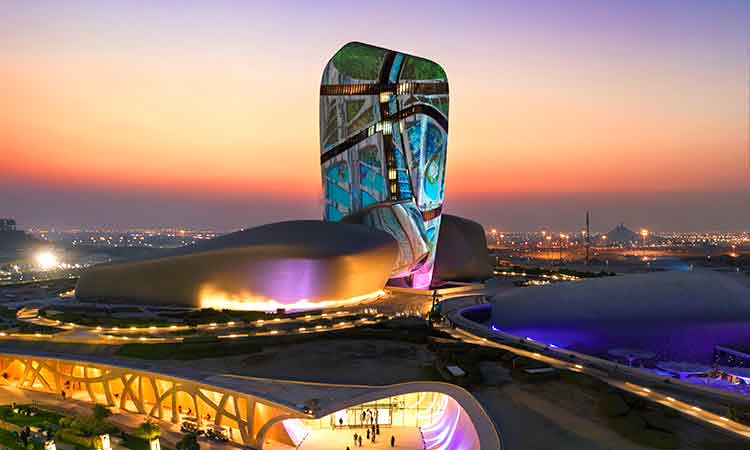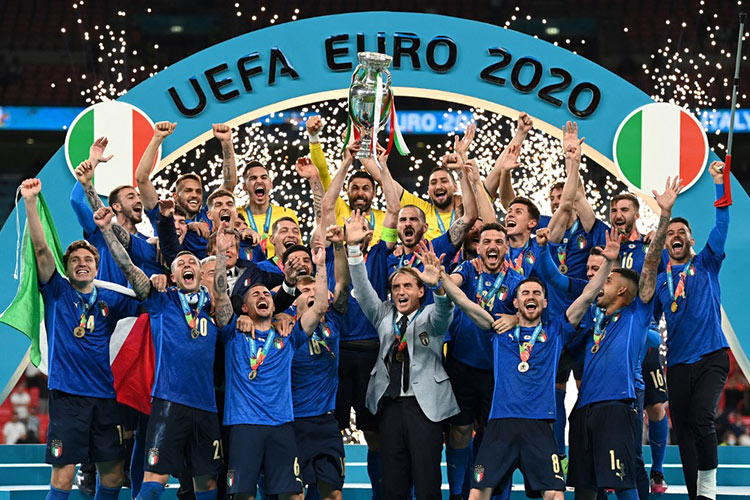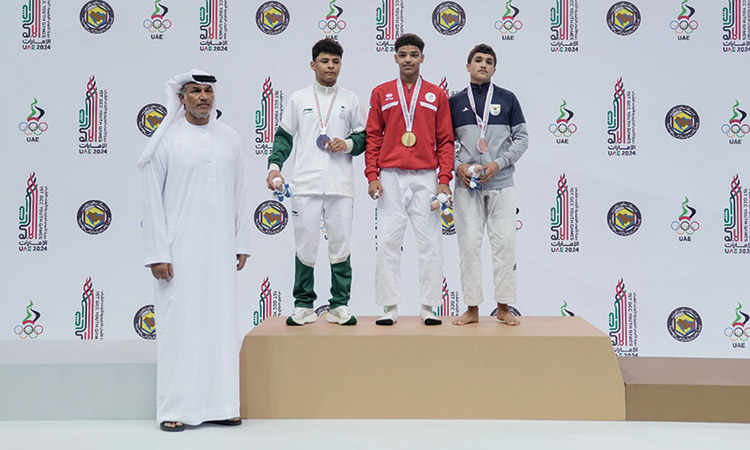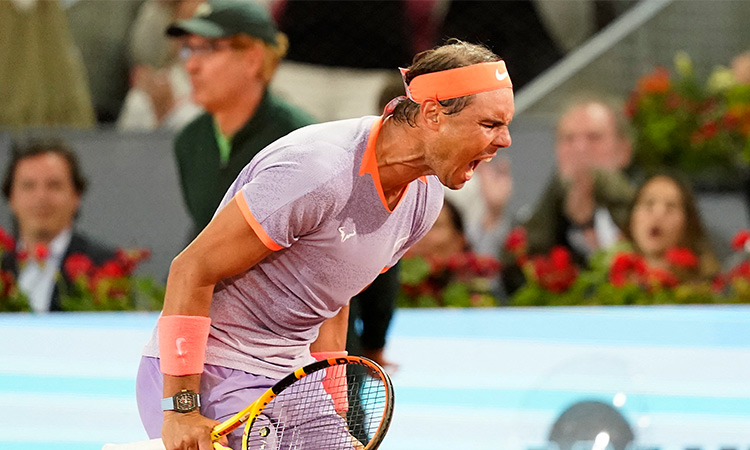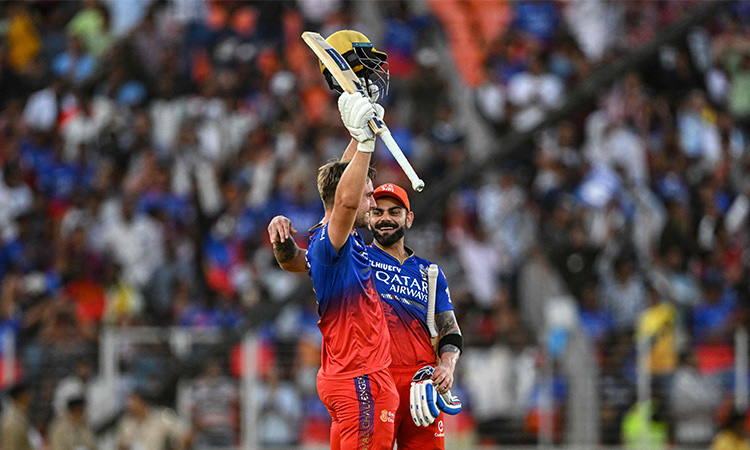A dazzling decade of Asian men’s football draws to an end
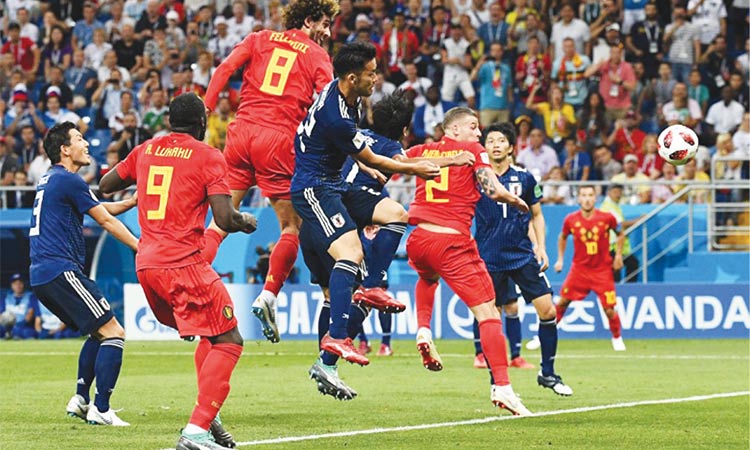
Japan carried Asian hopes through to the Round of 16 in Russia in 2018, only to suffer a heartbreaking last-minute defeat to Belgium.
Two first-time AFC Asian Cup winners, four new club champions and a galaxy of new Asian stars meant the 2010s produced countless classic moments and footballing landmarks from both established and developing nations.
With the decade in women’s football covered in a separate article, join the-AFC.com for a detailed look back at the key events and advances of the last 10 years in Asian football.
The AFC Asian Cup grew from 16 to 24 teams and added two new winners in a transformative decade for Asian football’s flagship tournament hosted by the UAE in 2019.
As the Asian clubs and countries left an indelible impression in the last decade, Middle Eastern countries also scaled new heights, especially Saudi Arabia’s and UAE.
Al Hilal closed out the decade as Asian champions after their 2019 AFC Champions League triumph, becoming the first West Asian team to win three Asian titles after suffering painful defeats in 2014 and 2017.
Asian clubs also achieved breakthrough results at the FIFA Club World Cup, with Japan’s Kashima Antlers reaching the final in 2016, and Al Ain of the UAE following suit two years later, with both sides falling to valiant defeats against Real Madrid.
Not only in the continental events but also at the world’s stage, Asian countries left their mark with new heights.
While no senior men’s side scaled the lofty heights of Korea Republic’s 2002 FIFA World Cup semi-final appearance, the 2010s saw a range of Asian teams compete alongside the world’s very best.
The 2010 FIFA World Cup in South Africa promised much as both Japan and Korea Republic advanced from the group stage, but the East Asian duo were both eliminated by South American opponents in the Round of 16, with no Asian side advancing to the knockout stage in Brazil four years later.
Japan carried Asian hopes through to the Round of 16 in Russia in 2018, only to suffer a heartbreaking last-minute defeat to Belgium, while Korea Republic were eliminated in the group stage despite a stunning 2-0 win over defending champions Germany.
After Iraq ended the previous decade as Asian champions following their stunning 2007 triumph in Southeast Asia, Japan claimed a fourth title in 2011, before Australia and Qatar both carved out pieces of history by claiming glorious maiden Asian titles in 2015 and 2019 respectively.
Hosted by Qatar, the 2011 tournament delivered countless memorable matches, culminating in a star-studded finale between Japan and Australia at Doha’s Khalifa International Stadium.
After 120 high-quality minutes of football, it was Alberto Zaccheroni’s Samurai Blue who prevailed, with Tadanari Lee’s spectacular extra-time volley sealing the title for a side blessed with the likes of Keisuke Honda and Shinji Kagawa.
Having narrowly missed out on a first Asian title, Australia atoned for their Doha defeat when they achieved a breakthrough win in front of 76,000 roaring fans on home soil four years later.
With ultra-attacking head coach Ange Postecoglou at the helm, the Socceroos piled on 14 goals in six matches, but it was James Troisi’s 105th minute extra-time winner against Korea Republic which proved decisive after Son Heung-min had scored a dramatic injury-time equaliser to silence the crowd just minutes earlier.
Australia’s other goal scorer in the final, 22-year-old midfielder Massimo Luongo, took the tournament by storm, producing a series of superb performances to earn the title of Most Valuable Player.
The decade’s third and final AFC Asian Cup marked the dawn of a new era, with the competition growing from 16 to 24 teams ahead of the 2019 edition in the UAE.
In keeping with the theme, a youthful Qatar stunned everyone by storming to an unexpected, yet thoroughly deserved maiden Asian title with seven consecutive wins, 19 goals scored and only one conceded.
It was a pair of 22-year-olds who stole the limelight, with striker Almoez Ali netting a tournament record nine goals, while Akram Afif laid on 10 assists as Felix Sanchez’s side swept all before them before beating Japan 3-1 in the final in Abu Dhabi.
The 2019 AFC Asian Cup was notable for the performances of nations from outside Asia’s regular tournament contenders, with Vietnam, Kyrgyz Republic, Thailand and India all achieving decade-defining results.
